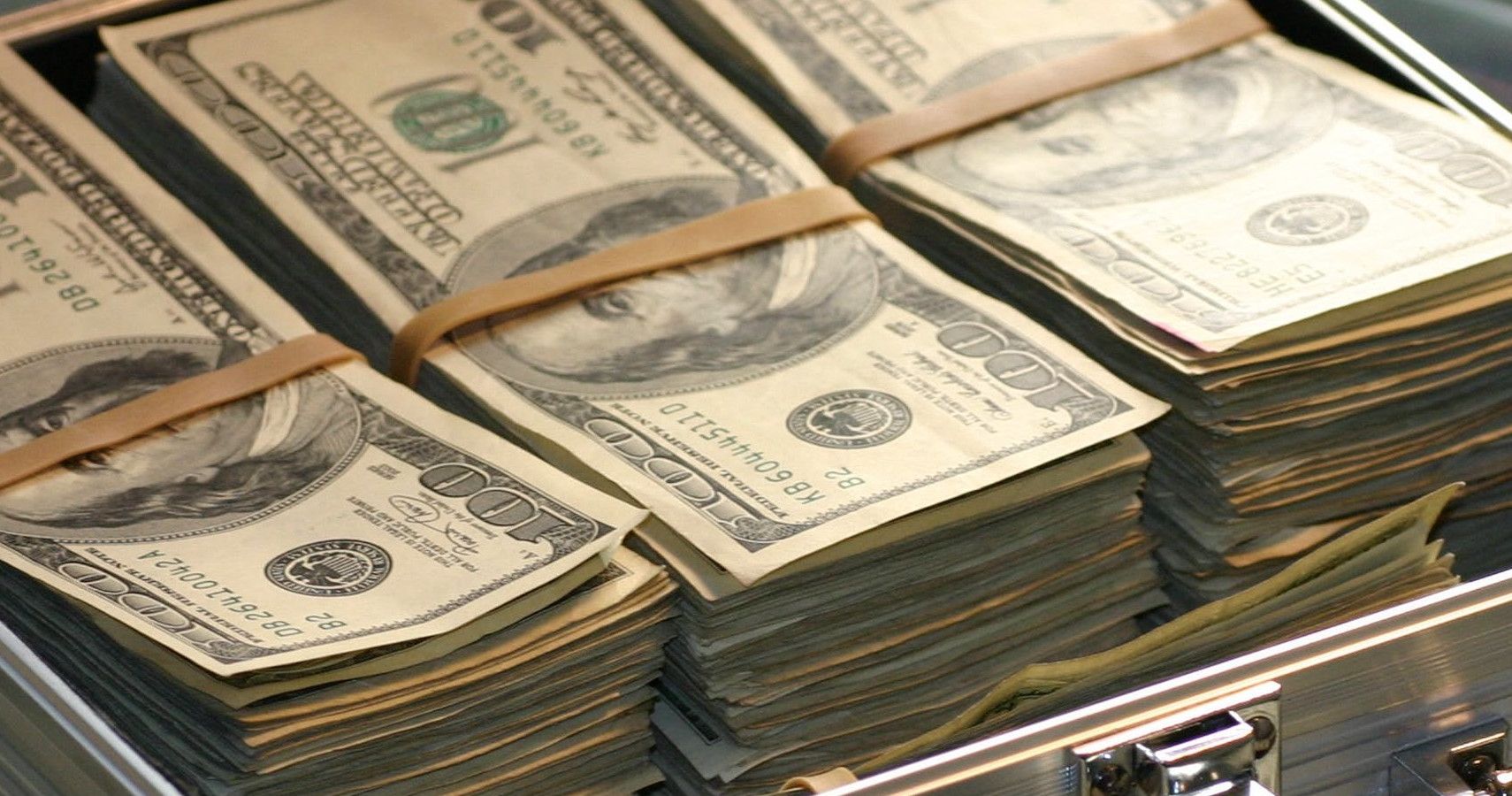In the last twenty years or so, esports has gone from seeming like the fevered dream of a twelve year old to being taken seriously by most paying attention. That’s not to say that everyone of every age has their favorite player, or even fully understands the difference between esports and just playing video games, but they've come a long way in the public eye.
And yet they still have such a long way to go.
One very simple and direct way for esports to gain a lot of support and legitimacy would be for mainstream companies to start truly sponsoring individual players or events. To a certain degree, the marketplace has changed. G-Fuel exists and has taken over a share of the spoils that one might have assumed would be taken by a major player like Gatorade. There are also numerous companies that make gaming equipment that ranges from chairs to keyboards to headsets, that pour a bunch of advertising dollars into esports… but that’s their demographic: gamers.
The real problem is that there are so many companies that enjoy having gamers as part of their demographic, yet most of those companies still think that conventional TV commercials and streaming services are the best way to reach us. With the rise of esports, there’s an all too simple conclusion these companies need to come to in order to stay relevant: esports are now just as viable as any sporting event for marketing. The amount of money that gamers have to spend on everything, from equipment to food and drinks, is enormous and growing every year. Yet not one of these companies has truly found a way to bridge the gap between conventional marketing and esports.
In the days where you couldn’t see a McDonald's commercial without seeing Michael Jordan, or when you couldn’t help but wonder who was going to be the next spokesperson for Nike, everything was clear both to the advertising companies and to the consumers. Sports heroes sold products, so players were going to be on commercials almost as much as they were on the field. Somehow, there has been a disconnect with the transition to esports and marketing even some of the same products. That’s not to say esports haven’t gotten a huge helping of attention, with Ninja replacing any other player of any other sport on the cover of ESPN magazine. It’s just that so far there aren’t many companies paying enough attention to the potential for ad space.
There are certain companies out there that have made a valiant attempt, at least. Most notable is Mountain Dew, a company that has sponsored esports events and seems set to become the secondary ‘official drink’ of esports, with its Gamer Fuel competing with G-Fuel with limited success. But the real problem is that esports are treated like the middle child that the parent companies can't connect with on any real level. This alienation of an entire demographic makes it harder for gamers to get behind any of these companies that can’t seem to make the effort to talk to us directly.
It wil take some big moves by the biggest corporations before larger groups of people start to pay attention. But as soon as Nike has a new pair of gamer-themed shoes, and Coca-Cola is trying to be the official soft drink of gaming, people won’t be able to help paying more attention. It will not only bring more advertising dollars, but it will force larger corporations to look at gamers as a whole differently. The marketing tricks that used to work on us are no longer relevant. A company that doesn’t advertise to gamers is now missing out on too much of the market.
Sooner or later, they’ll come to gamers and start the sponsorships just like other sports have enjoyed in the past decades. It will take some time, and it will take some companies willing to take a risk. It remains to be seen, however, if that will happen unless it benefits those very companies in some way.

